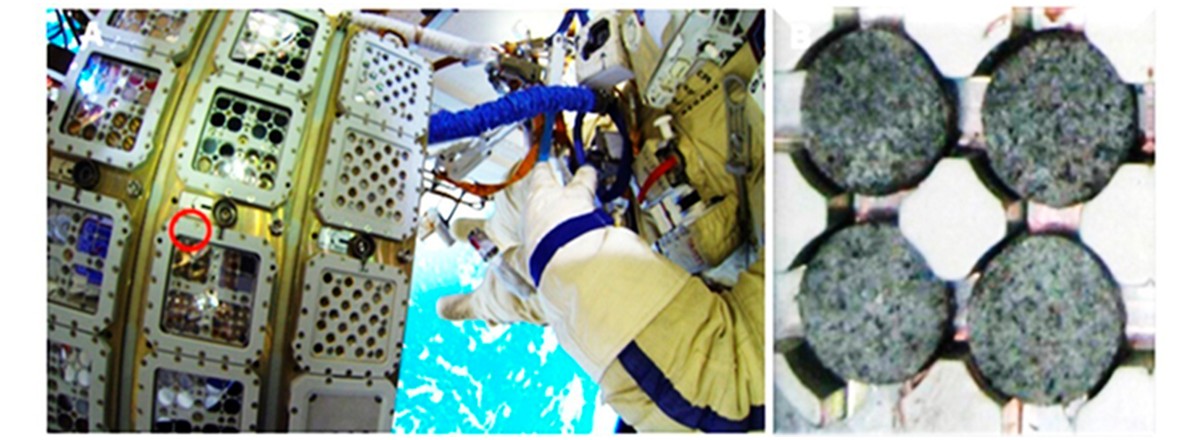Bacterial Species in Kombucha Can Survive in Mars-Like Conditions
Kombucha cultures were sent to the ISS to determine how they would grow and survive under extraterrestrial conditions. After 1.5 years of being under simulated Martian conditions outside the ISS, the samples were cultivated for 2.5 years.

An international research team investigated the chances of kombucha cultures surviving in conditions reminiscent of those on Mars by sending them into space.
Kombucha cultures were sent to the ISS to determine how they would grow and survive under extraterrestrial conditions. After 1.5 years of being under simulated Martian conditions outside the ISS, the samples were reactivated on Earth and cultivated for 2.5 years.
As a result of the experiment, the microbial ecology of kombucha cultures was disrupted, but the cellulose-producing bacteria of the genus Komagataeibacter survived, and the genome of one of its key species remained stable.
Cellulose acts as a barrier for kombucha, protecting it from microbes and ultraviolet radiation. This means that bacterial cellulose is likely responsible for the survival of microorganisms in extraterrestrial environments. That is, it may serve as a biomarker for extraterrestrial life.

